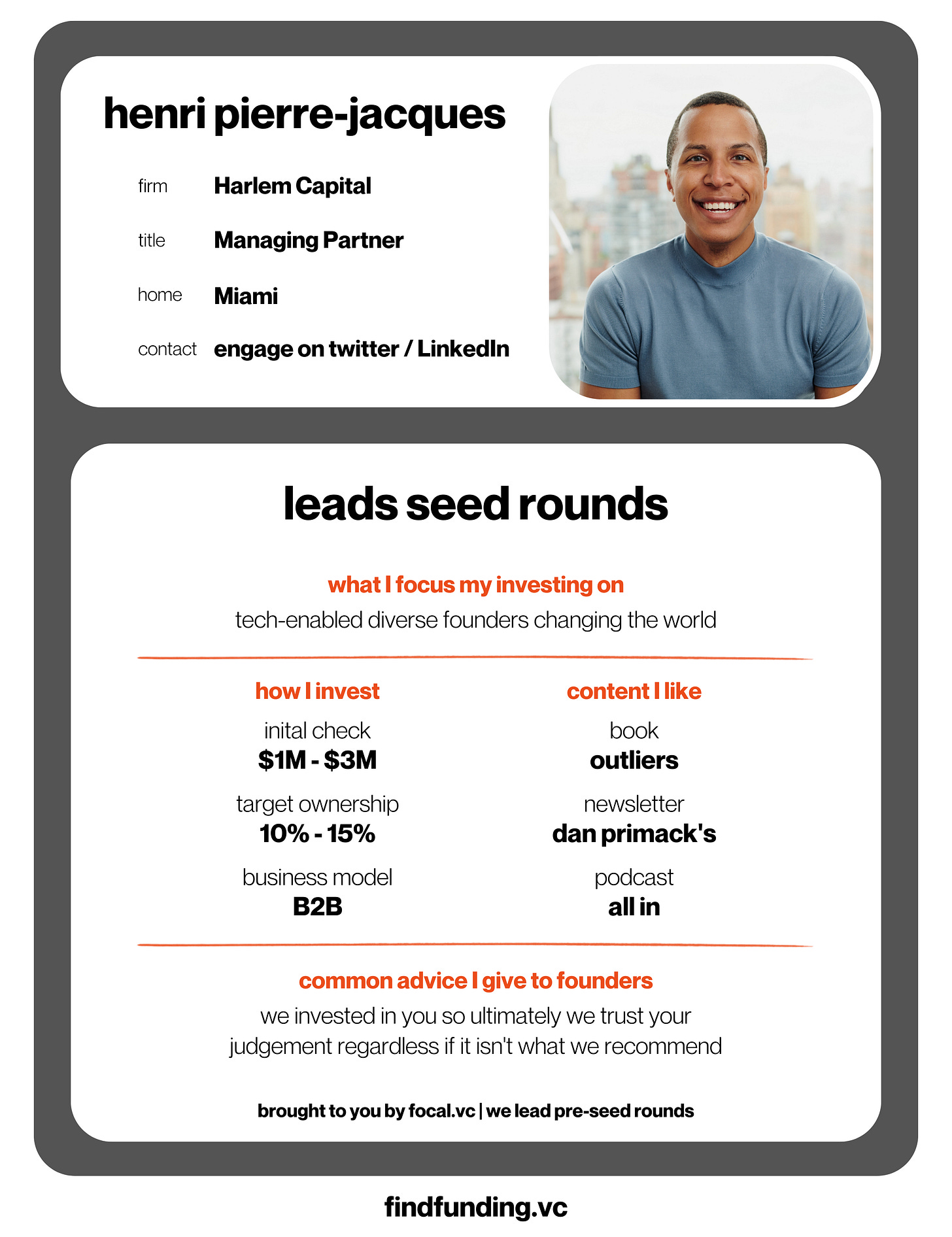3 areas where founders must leverage Gen Ai
After diving in, I'm even more convinced that if founders are not thinking about how to boost productivity + create better products for their customers leveraging Gen Ai, they will get left behind
I had a bunch of conversations with CTOs of our portfolio companies in recent weeks to better understand how they are leaning into generative Ai tools across their startups.
The TLDR is: Most of them lean into GenAi (both OpenAi et al + open source) quite heavily and while there’s still much room for improvement, the internal productivity gains and value add for their customers are quite impressive.
In other words, if you’re a founder and are not thinking about how to boost internal productivity and create better products for your customers leveraging these tools, you won’t be able to compete for very long.
That said, the three areas to think through re leveraging GenAi as a founder are:
Increasing developer productivity
Streamlining operations
Improving your product for your customers
While I won’t go into detail re how to tackle each of these (there are many folks that can do a much better job at this), I wanted to introduce a framework for #3 that comes from a LinkedIn post by Peter Yang as it’s fairly in line with how we’re currently thinking about assessing Gen Ai at focal.
Important caveat here is that this is one potential framework and like many other investors, we’re also still trying to figure out how to best assess startups leveraging Gen Ai.
4 questions to ask to understand if a Gen AI product will be successful:
1/ If you took the word "AI" out, is the product still solving a customer problem?
AI is a solution, not a problem. Ask yourself:
What is the pain point?
How many users share this pain?
Is the pain big enough to take action?
Is the pain underserved by non-AI tools?
2/ How accurate does the solution need to be?
Plot the problem on a fluency vs. accuracy grid. Gen AI today is great for high fluency + low accuracy problems (e.g., productivity). It's not great for solutions that need high accuracy (e.g., financial decisions).
3/ How fast will incumbents move / how crowded is the space?
Incumbents like Microsoft, Google, and Adobe have moved incredibly fast on AI. Startups that overlap with core incumbent use cases might struggle.
4/ Is there a moat?
Examples of moats include:
Access to proprietary data and models
Exclusive contracts with large customers
Great product even without AI
Exceptional talent in the selected field
Business models that incumbents avoid
Speed of execution
Trust
On top, I can also recommend watching this webinar from Insight for a “Investor’s POV: Mapping the Applied Generative AI Landscape”
findfunding.vc ⭐ funder spotlight
findfunding.vc is our open sourced database of early stage VCs to help founders find the right investors. Check it out.
Today, I'd like to introduce you to a fantastic VC you likely already know:
Henri Pierre-Jacques from Harlem Capital who leads seed rounds in diverse founders building tech-enabled businesses.
Henri is:
☀️ Miami based
🌎 Haitian American from Detroit, MI
💬 Likes when founders engage on Twitter and LinkedIn to build awareness
🏀 Plays sports 4-5 days a week
Henri and the Harlem Capital team are simply known as being both personal and hands on. What more could you ask for?
🎙️ If you haven't done so already, make sure to listen to their More Equity podcast.
For more, check out our funder spotlight card below along with Harlem Capital's profile on findfunding.vc.
Until next week,
Pascal




